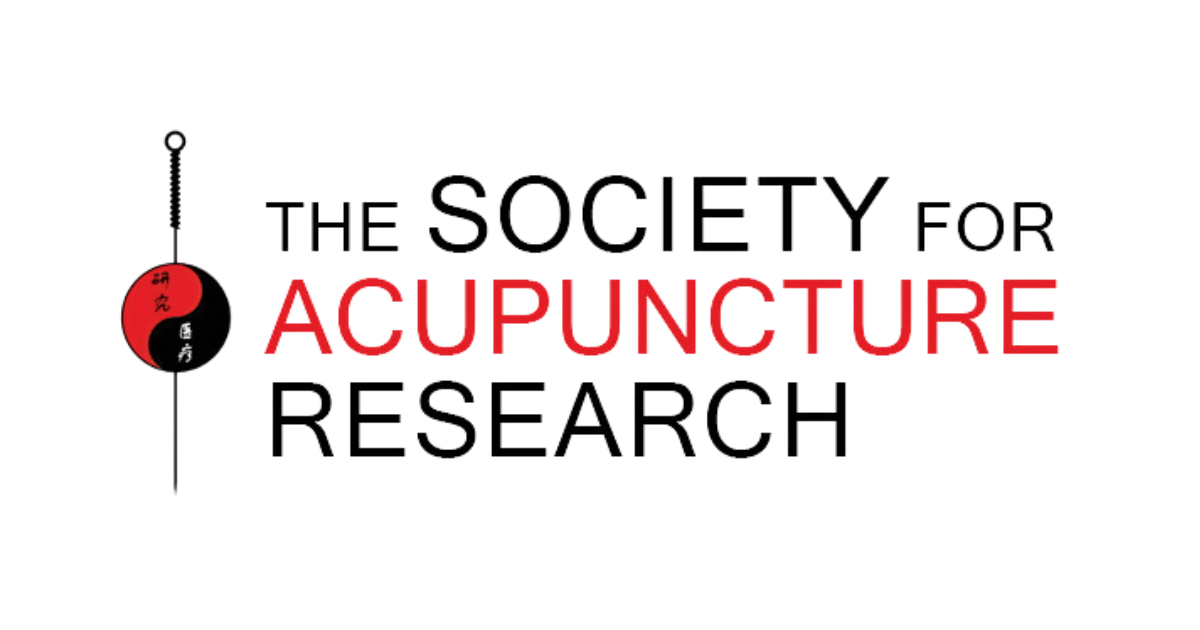2025 ConferencePOST-CONFERENCE WORKSHOP Sunday, April 6, 2025 (10:15am - 12:15pm) Workshop #4: How to Bridge Auricular Acupuncture into Public Funded Care - Evidence, Visions, and Education Presenters: Kajsa Landgren and Duvan Hoffmann With a growing evidence base, auricular acupuncture is now a reasonable complement to usual care. Rooted in Traditional East Asian Medicine (TEAM), auricular acupuncture has today moved from alternative medicine towards being accepted as integrative medicine. The neurophysiological mechanisms have been described in basic research, showing how stimulation of the parts of the ear innervated by the vagus nerve and the trigeminal nerve send signals to the brain. Neurotransmittors and hormons are released. Stimulating the ear with needles or acupressure with beads, seeds or magnets modulates the autonomic nervous system, explaining the positive effects on sleep, anxiety, stress, depression, withdrawal and pain that have been determined in clinical trials and systematic reviews. Although further research is needed, the existing evidence base motivates a broad implementation of auricular acupuncture. This is of importance especially for underserved groups who otherwise can not access this safe and effective treatment. For a successful integration in primary care and hospitals, the training in auricular acupuncture and acupressure should hold a high quality and be evidence based. This session will give demonstrations of auricular acupuncture and acupressure with beads, seeds and magnets, and discuss clinical applications. The session will give examples of how high quality training can be provided in real life and digitally. It will give a summary of the evidence base for auricular acupuncture and acupressure for a variety of symptoms, including both qualitative and quantitative research.
Workshop #5: Measuring Patient-Centered Care: Common Data Sets for Acupuncture Trials in Women’s Health, A Consensus Method Presenters: Kate Levett; Beau Anderson; Lisa Conboy; Rosa Schnyer; Kathleen Lumiere; Sandro Graca; Claudia Citkovitz; Debra Betts; and Lisa Taylor-Swanson Using a COMET process to establish a set of common outcome measures for acupuncture trials across women’s lifespan, this group proposes to conduct the third and final ‘consensus’ stage of the study. We have previously conducted a round table discussion to establish outcome measures in acupuncture trials across key periods of women’s lifespan; gynecological health, PCOS, fertility, pregnancy, and the menopausal transition (Stage I). We have since developed survey items and conducted a two-round online modified-Dephi method study for voting on these outcome measures (Stage II). We now propose to conduct the final consensus process (Stage III), which follows the related SAR symposium (separate application), and employs World Café design principles to foster collaborative dialogue and active engagement. During the first 15-20 mins, we will: set the context, create a collaborative space, and briefly explore key themes related to common outcome sets, which will have been discussed in detail at the Symposium. We will seat participants at round tables designated by the topic relating to one of the five women’s health areas. A team member seated at each table will facilitate discussion and ensure the collaborative space is maintained, with all voices heard and responded to equally. In two rounds of 45 mins, we will: encourage participation, and connect diverse perspectives (including patient stakeholders, clinicians, students, and researchers). During the next 90 mins, we will: ask participants to discuss and vote on the proposed outcomes for one women’s health topic, and come to a consensus about outcomes to be retained on the list. Participants then move to another table for voting on outcome measures for a different women’s health topic. During the last 10 mins, we will: briefly share collective discoveries / summaries from each table, and the process for finalization of the core outcome sets. Timeliness and importance This model is highly relevant to inform future acupuncture research, previously criticized for low quality and a lack of consistent outcomes. This research team brings together international leaders in the field, with expertise in research methods, acupuncture and women’s health, and dissemination through the strategic use of peer-reviewed publications, media, and professional networks. There is considerable heterogeneity in outcomes used in trials of acupuncture, making the interpretation and implementation of evidence difficult. Using a three-stage information-gathering and consensus-building process, this collaborative group proposes to conduct a consensus workshop finalizing stage III of the study to create common outcome sets (COS) for acupuncture trials across 5 key timepoints in women’s health (PCOS, menstrual health/endometriosis, fertility, pregnancy, menopause). This method brings together diverse stakeholders, patients, clinicians, researchers, to build consensus about key outcome measures for clinical trials of acupuncture which reflect the nature of the medicine and are meaningful to researchers, practitioners and patients. Building on our prior successful work, this proposal is the third and final stage: a workshop with a structured consensus process. Proposed Stage 3 for SAR 2025: Following successful completion of Stages I and II, a consensus process will be conducted to complete the third and final stage of the study. Attendees will discuss and vote (in two rounds) on a revised list of COS for each timepoint, and which are structured within domains, with the aim of developing a core set that can be used across acupuncture trials. The results from the three stages will inform a publication of agreed COSs which reflect important outcomes for research, clinical practice, and consumer needs for acupuncture research in women’s health. |
